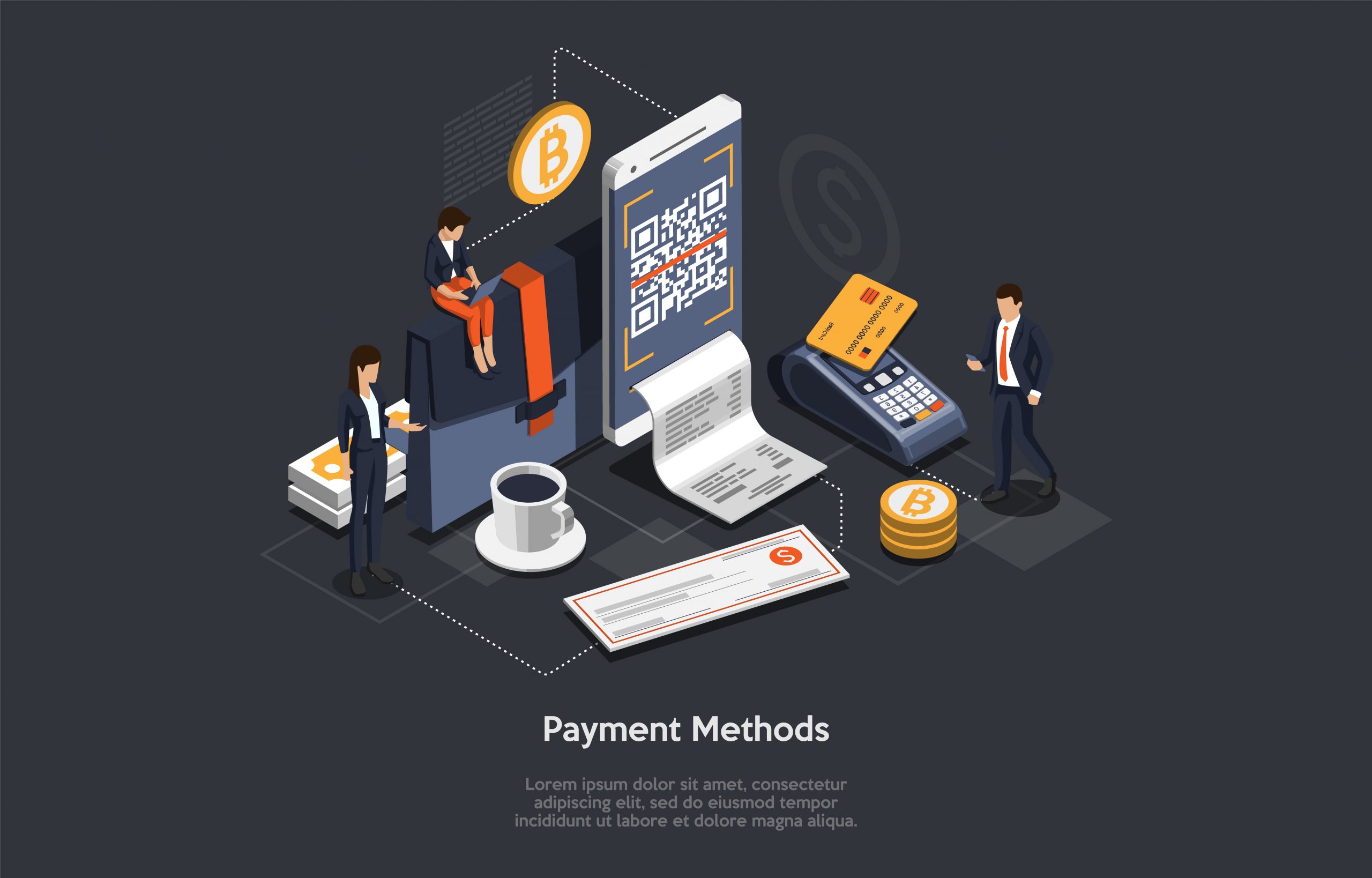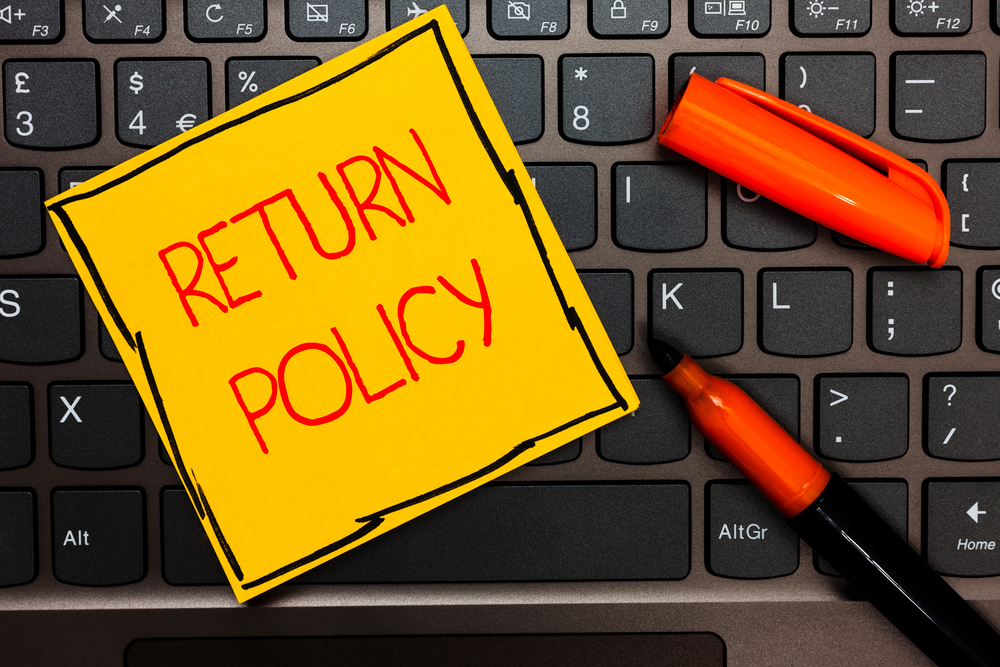
FAQ Friday: How Many Merchant Accounts Can I Have?
Jan 29, 2021 3 minute read
Many business owners in high-risk verticals make the mistake of thinking you can only have one merchant account per business. But this is simply not true. When we informed a nutraceutical business owner shut down by Stripe, he could have had several merchant accounts he couldn’t believe it.
“So I could have been routing my payments through multiple merchant accounts this whole time?” He asked. “Yes!” was our reply.
You mustn’t let this happen to your high-risk business. Relying on a single merchant account, whether from PayPal (or anyone else for that matter), is risky. Not only is having multiple merchant accounts possible, but it’s also something you should be actively pursuing.
Having several merchant accounts brings several advantages to your payment processing. So let’s start by answering the most common question – how many merchant accounts can you have?
How Many Merchant Accounts Can I Have?
Theoretically, there isn’t a limit to the number of merchant accounts you can have. Businesses can operate with several merchant accounts at once. For example, it is relatively common for businesses to set up a merchant account for each business website they operate, for each country or region of business operations, and for each card network.
There are other reasons you might want to secure multiple merchant accounts too. For instance, you might want to secure one merchant account for each different payment method. You can have one merchant account handling your ACH and eCheck payments, while you have another dedicated to credit card processing, for example.
You may have separate business lines, each with its own distinct risk profile. This example is yet another use case for setting up and utilizing several different merchant accounts concurrently.
While it can seem like a headache at first to set up more than one merchant account, your online business can reap some serious rewards by doing so. So let’s take a quick look at what they are.
Increase Your Monthly Sales Volumes
One of the biggest problems, particularly for high-risk merchants, is the monthly sales caps merchant account providers place on their payment processing. They also place other restrictions on merchant accounts, such as only processing transactions from domestic customers.
However, by securing another payment channel, startup merchants in high-risk industries can circumvent these strict limitations and secure enough payment solutions to meet demand. If you’ve got credit card payments totalling $75,000 per month, and your merchant account limit is $50,000, securing another merchant account can ensure you can continue to process those $25,00 in extra credit card transactions.
Expand to Serve International Customers
Let’s say you’re based in the United States, and you manage to secure a merchant account to process credit card payments from American citizens. In that case, you won’t be able to serve any of those European customers who are desperate to buy your products.
However, by securing an offshore merchant account, you can suddenly not only increase your processing volume but also accept international orders. Acquiring just a few offshore merchant accounts can dramatically increase payment options for your global client base.
Never had more than one merchant account for your business before? Learn everything you need to know about securing additional payment solutions in our comprehensive Multiple Merchant Accounts Guide!
Distribute Chargebacks
If you’re processing all of your card-present and card-not-present transactions through a single merchant account, you may be at risk of running up excessive chargebacks.
There’s nothing that merchant service providers hate more than chargebacks. Every single one takes time, money, and effort to dispute. That’s why once your chargebacks creep over acceptable levels, acquiring banks will pull the plug on your merchant account.
Distributing your sales volumes across several accounts to skirt regulations is not advised. However, by securing additional merchant accounts, if one provider puts restrictions or holds funds due to an unforeseen spike in chargeback levels, you will have a back up to ensure you can continue operating. It’s important to determine what is causing the spike and take action to lower your chargebacks as quickly as possible.
Mitigate Damage Caused By Disruptions or Terminations
The world of payments is fast-moving. Acquiring banks and other merchant service providers are constantly monitoring their risk levels and often decide to take immediate action. Yes, that’s right. They can close your account without much forewarning!
For instance, they could decide to change their policies surrounding your e-commerce niche. We see this happen all the time with PayPal and Stripe, including in the case of the nutraceutical merchant mentioned above.
Suddenly your niche could be considered too risky. Within 24 hours they’ll take away your ability to receive payments made with credit and debit cards into your business bank account. It won’t matter than you have a clean processing history or a PCI-DSS-compliant payment gateway solution.
That’s why you simply have to implement a backup payment solution. Two merchant accounts are always better than one. If something goes wrong with one account, you still have the ability to process payments.
Remember, it’s not always a case of merchant account providers pulling the plug. They may have merely suffered an outage, leaving you high and dry if you haven’t set up alternative payment solutions.
Reduce the Number of Declined Payments By Load Balancing Transactions Through Multiple Merchant Accounts
According to research from Ethoca, $145.9 billion in sales are declined each year. A significant proportion of those declines involve poor transaction routing. For instance, a domestic transaction has a higher chance of facing a decline when routed to an offshore merchant account.
With a method called “load balancing,” you can determine rules for your payment gateway to route transactions through the merchant account with the highest chance of payment approval.
For instance, an excellent decline-busting strategy would be to route all of your EU-based payments through your European merchant account. Since customers likely have Visa debit and Mastercard credit cards from a European bank, approval rates will be much higher.
This is because local acquiring banks supplying merchant accounts will have an easier time processing and communicating with similar banks in their own region. Also, EU providers will be more familiar with currencies used within the region (such as the Euro), local customs, and location-specific payment networks.
When it Comes to Merchant Accounts, You Need Several to Succeed
If you’re a high-risk merchant, you need to diversify your payment options to survive and thrive. One merchant account is as risky as it gets for someone in your position. Your entire business lies in the hands of a few underwriters who could change their minds about processing payments for your online business whenever they feel like it.
That’s why it always pays to diversify. By securing as many merchant accounts as you need, you can ensure that you can beat restrive sales caps, distribute the risk burden of chargebacks, and increase your transaction approval rates.
Here at DirectPayNet, we are experts in high-risk merchant services. Every day we help merchants to find improved payment solutions, including additional merchant accounts. So what are you waiting for? Please don’t wait for your merchant account provider to terminate your business, take action by contacting our expert team today!





3 thoughts on “FAQ Friday: How Many Merchant Accounts Can I Have?”